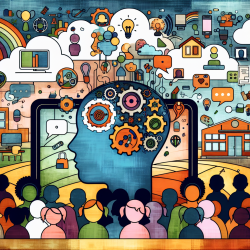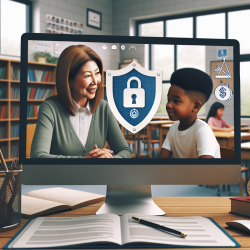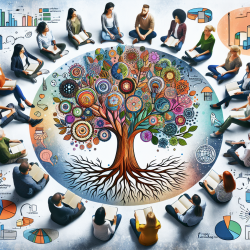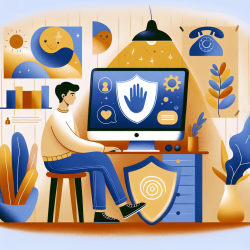Introduction
The COVID-19 pandemic has significantly altered the lives of adolescents worldwide, with many turning to the internet as a primary means of education, social interaction, and entertainment. A recent study conducted in Hanoi, Vietnam, sheds light on the adverse effects of excessive internet use on adolescents' coping skills during this challenging period. This blog explores the key findings of the study and offers practical strategies for educators and practitioners to enhance coping skills among students.
The Study at a Glance
The research, titled The adverse impact of excessive internet use during the COVID-19 pandemic on adolescents' coping skills: A case study in Hanoi, Vietnam 2021, involved 5,315 high school students aged 11-17. It utilized the Kid Coping Scale to assess coping skills and examined the relationship between internet use and coping abilities.
Key findings include:
- Adolescents averaged a coping score of 20.40, indicating moderate coping abilities.
- Over one-fourth of respondents spent at least 8 hours online daily.
- Increased internet use correlated with lower coping scores.
Implications for Practitioners
Understanding these findings can help educators and practitioners support adolescents in developing healthier coping mechanisms. Here are some strategies to consider:
- Promote Balanced Internet Use: Encourage students to limit non-essential internet use and engage in offline activities that promote well-being, such as physical exercise, reading, or creative hobbies.
- Enhance Problem-Solving Skills: Integrate problem-solving exercises into the curriculum that challenge students to think critically and develop solutions to real-world issues.
- Foster Social Support Networks: Create opportunities for students to connect with peers and mentors through group activities, peer counseling, or mentorship programs.
- Encourage Emotional Awareness: Teach students to recognize and express their emotions constructively, which can improve emotional regulation and resilience.
Encouraging Further Research
The study highlights the need for ongoing research into effective coping strategies for adolescents. Practitioners are encouraged to explore the following areas:
- Longitudinal studies to track changes in coping skills over time.
- Comparative studies across different cultural and socio-economic contexts.
- Intervention studies to evaluate the effectiveness of specific coping skill programs.
Conclusion
The findings from the Hanoi study underscore the importance of addressing excessive internet use and fostering robust coping skills among adolescents. By implementing targeted strategies and encouraging further research, educators and practitioners can play a pivotal role in supporting the mental health and resilience of young people during and beyond the pandemic.
To read the original research paper, please follow this link: The adverse impact of excessive internet use during the COVID-19 pandemic on adolescents' coping skills: A case study in Hanoi, Vietnam 2021.










